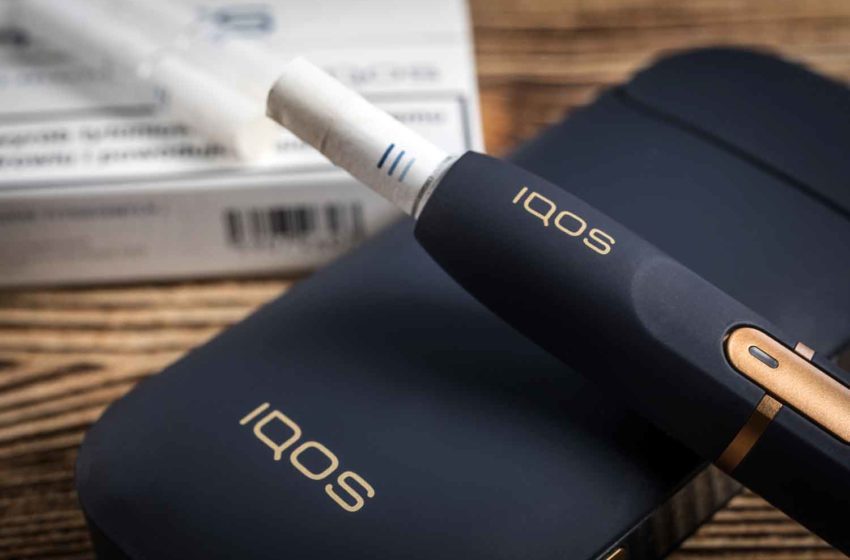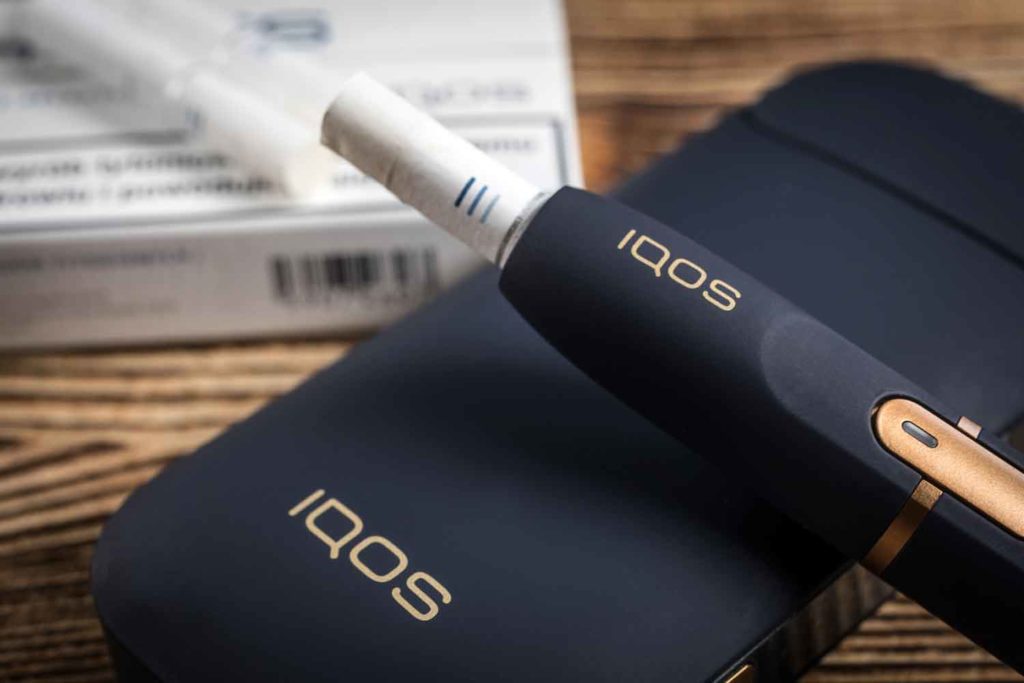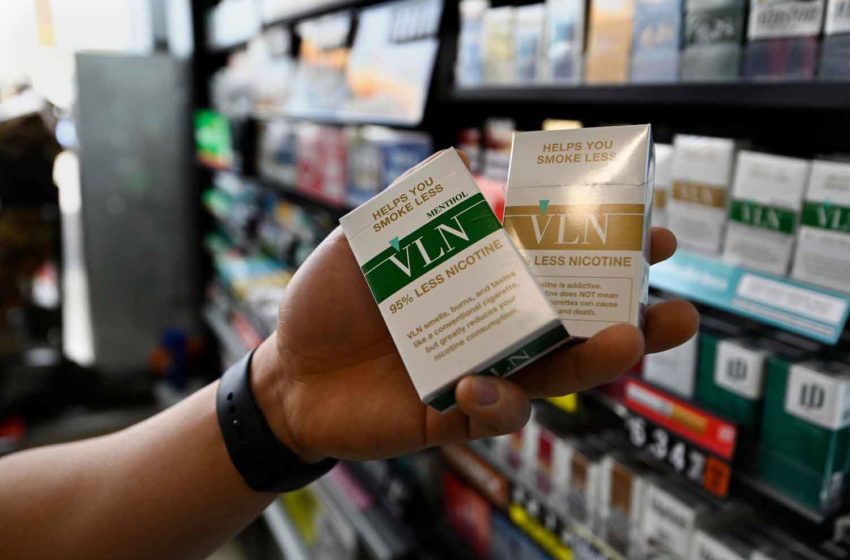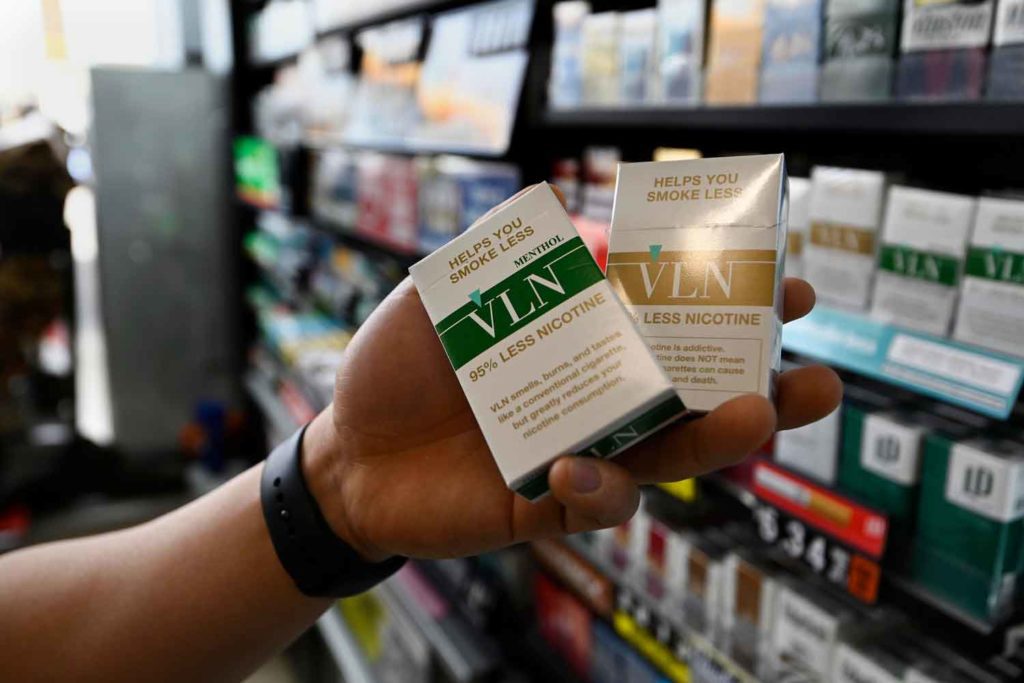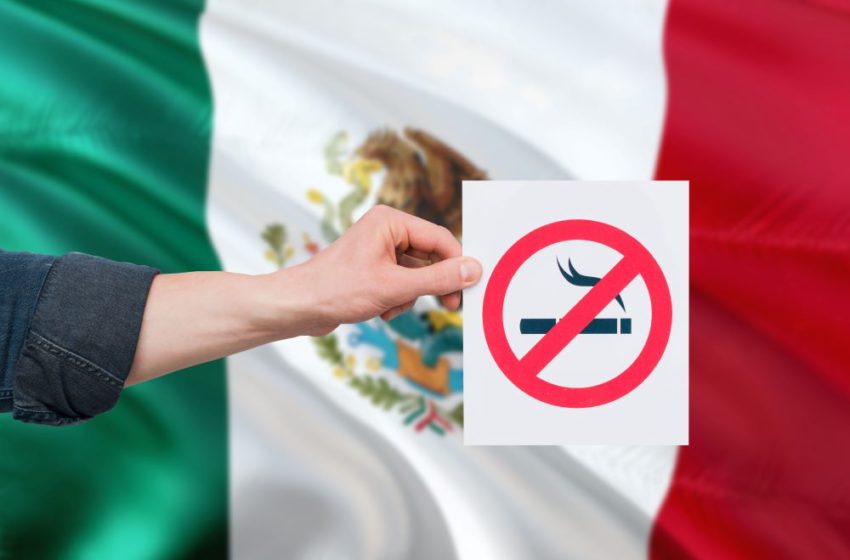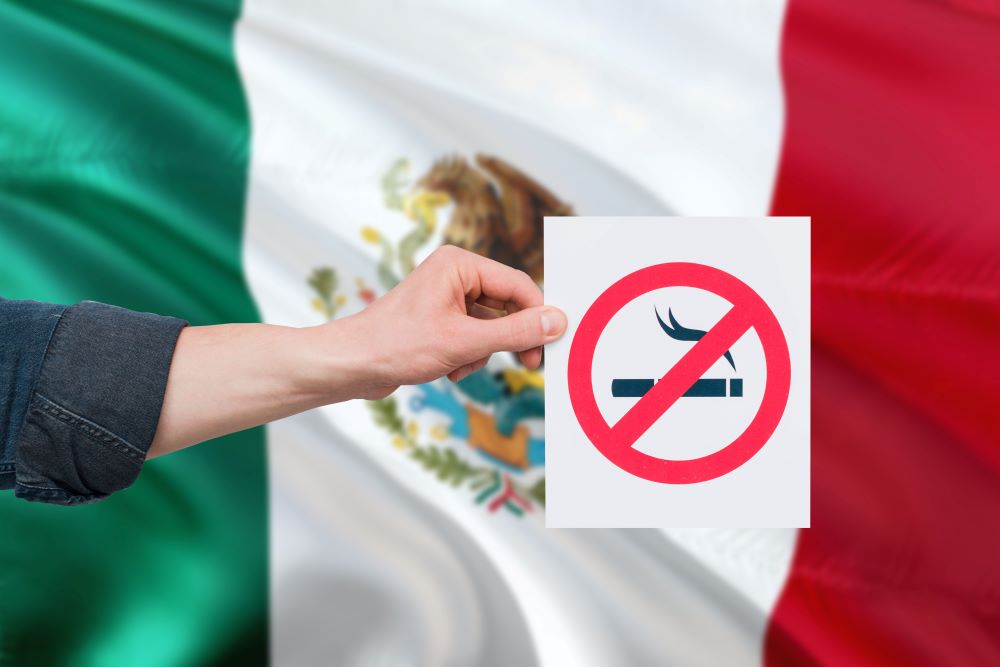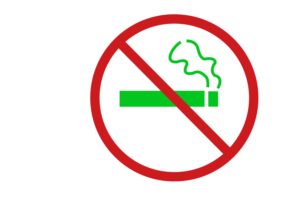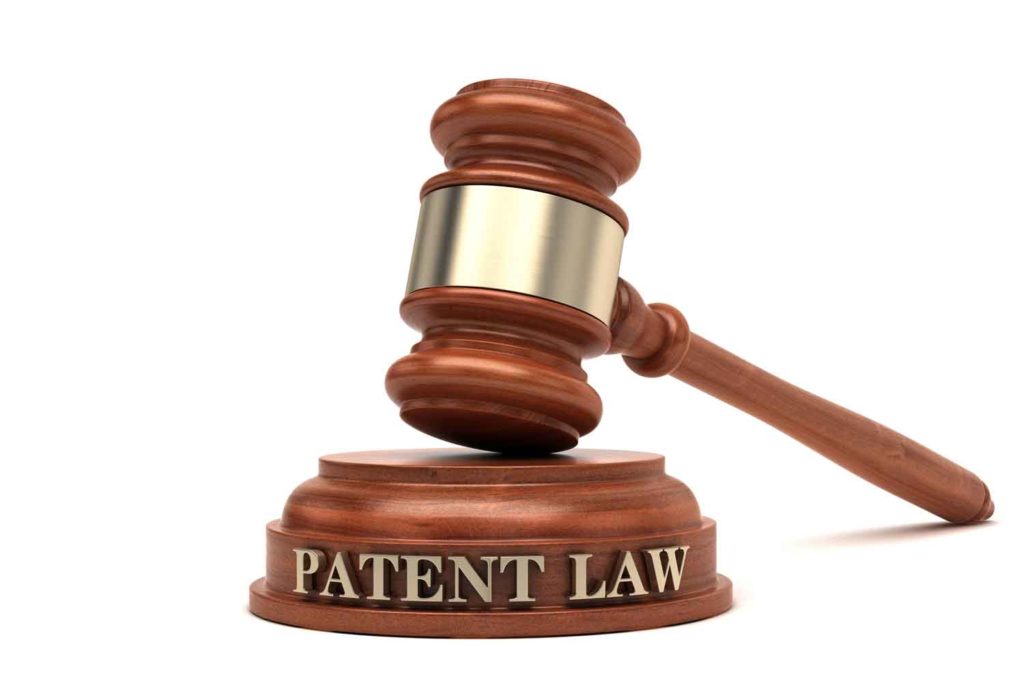
The Bangladesh Electronic Nicotine-Delivery System Traders Association (BENDSTA) called on authorities to consult with all stakeholders before making any policy decisions on vaping, reports The Business Standard.
During a press conference in Dhaka on Tuesday, the organization also called for excluding vaping and other electronic nicotine-delivery system products from the proposed amendment of the Smoking and Tobacco Products Control Act 2005, according to a press release.
The BENDSTA fears that a ban on vaping will jeopardize the prime minister’s vision of making the country tobacco-free by 2040.
Many former smokers who successfully quit smoking cigarettes using vaping devices might resort back to smoking traditional cigarettes again if vaping gets banned in the country, the organization warned.
Not only will this increase the number of smokers in the country, but the government will also lose the opportunity to balance its health and revenue agenda from an emerging sector, BENDSTA speakers said.
BENDSTA President Masud Uz Zaman criticized the country’s health authorities for not including the association as relevant stakeholders in the process of developing such a crucial policy framework.
“If any amendment is proposed regarding vaping, we are definitely an important stakeholder. It is unreasonable to not take our opinion and completely exclude us from the lawmaking process. Despite sending letters to the Ministry of Health repeatedly, they have refrained to sit with us to discuss the issue,” Zaman said.
Zaman stressed that these tobacco harm reduction products should be made legal and regulated sensibly to achieve the prime minister’s vision of a tobacco-free nation.
The proposed amendments called for a total ban on vaping products.




